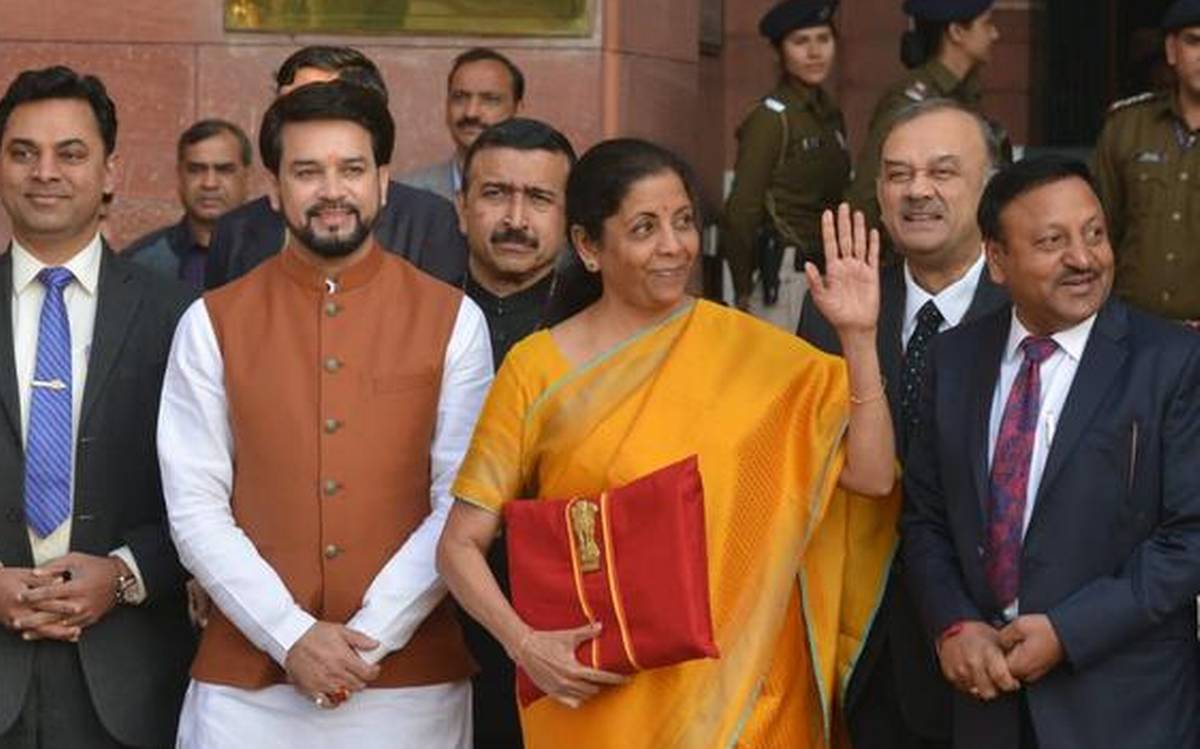By Tenzin Dharpo
DHARAMSHALA, Feb. 6: The Union budget for the year 2020-21 will see a drastic reduction in the refugee rehabilitation expenses with the allocated sum slashed to more than three times compared to last year.
On Saturday, Finance Minister Nirmala Sitharaman announced that the center has earmarked only 205.83 crore rupees for the year 2020-21, a quarter of the previous year’s allocation. In 2019-20, the Centre had allocated 842.44 crore rupees for refugee welfare. The new budget for refugee rehabilitation and welfare amounts to just 0.5% of the 1,67,250 crore rupees sanctioned for the home ministry.
The refugee rehabilitation and welfare budget is used for rehabilitation of refugees from neighbouring countries including Tibet, Sri Lanka, Pakistan and Bangladesh among others. In absence of a refugee policy, the central government provides aids to the refugees on a “humanitarian ground”.
In India, there are 39 Tibetan settlements categorised under the model of its substance; agricultural based, handicraft based and cluster communities that are mostly engaged in micro businesses. According to the CTA demographic survey of 2009, there were 94,203 Tibetans in India but the number is estimated to have reduced significantly due to migration to the west. The CTA is to release a new demographic survey of exile Tibetans in India by March this year.
The exile Tibetan government known officially as the Central Tibetan Administration is sustained largely by foreign aid as well as host India. The CTA is allocated a budget every five years by the government of India. The CTA was allocated 8 crore rupees during the years 2015-20 with a further 8 crore rupees already earmarked for the duration of 2020-25, according to an official for the Department of Home, CTA.
Observers say that the ruling Bharitiya Janata Party led by Prime Minister Narendra Modi is said to be ushering in a transition of the country to a Hindu nation and that it could mean outsiders may be seen as an impediment to that vision.
Amid strong opposition to the Citizenship Amendment Act, at least eight states in India have announced that they will not implement the Act or the National Register of Citizens (NRC). While one state and two union territories have refused to implement the CAA, three other states have only declined the implementation of the NRC.











One Response
that means you must accept second class lifestyle in India and never progress more than second class lifestyle.